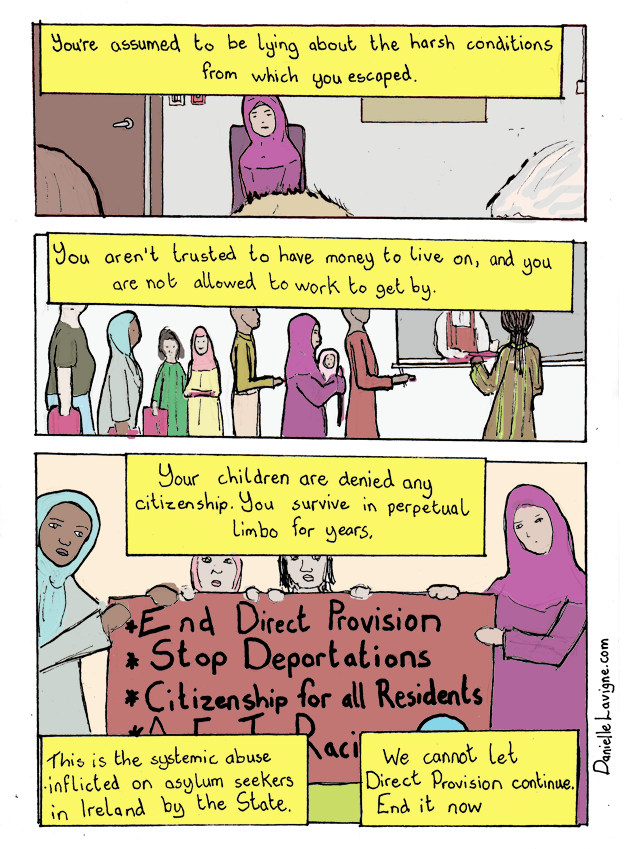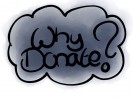Happy International Women’s Day! While today is for celebrating marvellous women and their achievements, here in Ireland we still have a long way to go before women have equal dignity, autonomy, freedom and respect.
This list isn’t exhaustive. This series of posts details issues that I was able to brainstorm from my room in ten minutes on an A4 sheet of paper. There are undoubtedly far more things that I haven’t even considered.
But here’s what I’ve got.
1. Repeal the 8th Amendment
The 8th Amendment to the Irish Constitution provides that:
“The State acknowledges the right to life of the unborn and, with due regard to the equal right to life of the mother, guarantees in its laws to respect, and, as far as practicable, by its laws to defend and vindicate that right.”
This means that without a referendum to change this, no Irish government can legislate for abortion in any case where the pregnant person’s life is not at risk. The chilling effect provided by the Eighth is probably why Savita Halappanavar is not here with us today. It means that if you die while pregnant, but it is possible for your body to be kept metabolising until the fetus is viable, your doctors must do so. Pregnant people who receive diagnoses of fatal fetal abnormalities are forced to travel to the UK for terminations. And to smuggle their wanted children home in the boots of their cars if they want to give them a burial.
It also means that any risk to a pregnant person’s health that doesn’t threaten to kill them is not grounds for a termination. No matter what that will do to their bodies.
Not all pregnant people are women. But most are. And the Eighth Amendment’s purpose is to control women’s bodies. It needs to go.
You can find out more about the campaign to change this hateful provision at Coalition to Repeal the Eighth. Continue reading “An Incomplete List Of Gendered Injustices Against Irish Women- and the people working to change them. Part One.”





